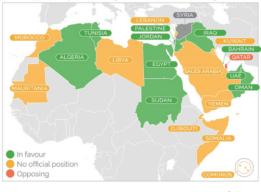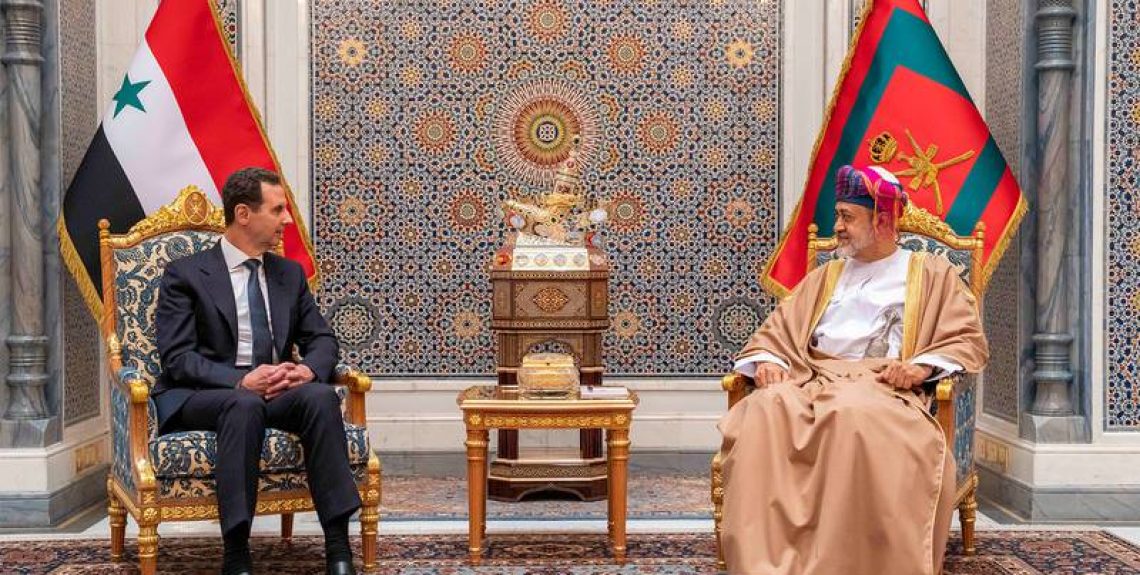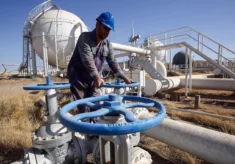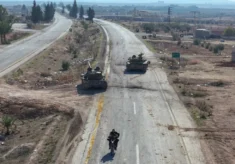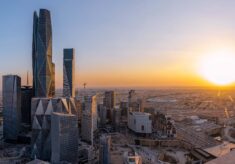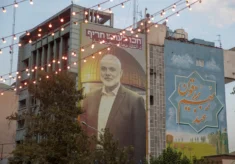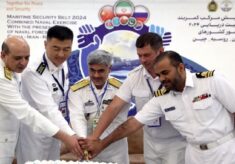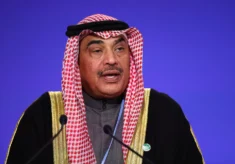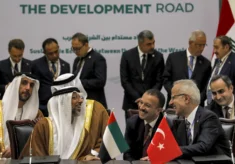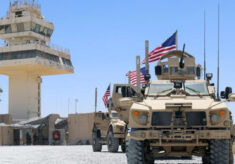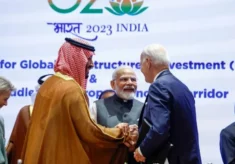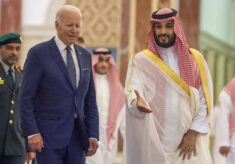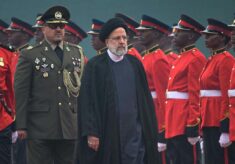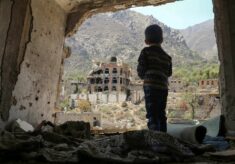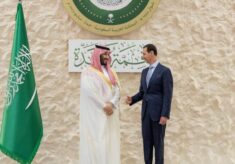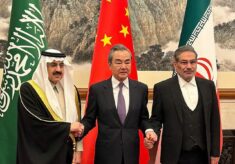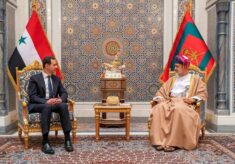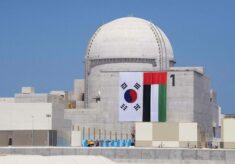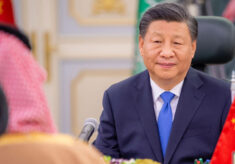The devastating earthquake that struck Syria and Turkey on 6 February 2023, causing more than 60.000 deaths and 129.000 injured, helped tear down the walls dividing out-of-date geopolitical blocs. Disaster relief revealed new realities emerging from the rubbles, with Gulf countries taking the lead in reaching areas affected by the 7,8-magnitude earthquake. Just after one week after the seismic event, the Foreign Minister of the United Arab Emirates (UAE) Abdullah bin Zayed al-Nahyan visited Damascus, meeting with President Bashar al-Assad. Internationally ostracized for his ruthless crackdown on opposition parties that plunged the country in a 12-year long brutal civil war with huge ramifications in the whole region, the Syrian leader sensed an important diplomatic opportunity. After meeting with the Emirati Foreign Minister, he agreed to expand access of humanitarian aid coming from the international community to areas still under the control of rebels that have been mostly affected by the earthquake.
Having already reopened its embassy in Damascus in 2018, the UAE has been among the first regional actors to recognise the failure of concerted efforts to overthrow the Assad regime. Economic opportunities stemming from lucrative reconstruction projects have driven Emiratis’ interests towards normalising relations with Syria, which is also seen as an important battleground where to curb the expanding Iranian influence in the region. Other Gulf countries have followed suit and the earthquake impressed an acceleration in efforts to bring Assad in from the cold: on the 20th of February the Syrian President was greeted at the al-Baraka Palace in Muscat by Sultan Haitham bin Tariq al-Said. Having maintained ties with Syria during the whole period of the civil war, Oman also sent a new ambassador in 2020, while Foreign Minister Sayyid Badr Albusaidi visited Damascus last year. Even Egypt, which has maintained a tough stance against the Syrian regime, has been slowly changing course, with President Abdel Fattah al-Sisi briefly speaking with Assad the day after the earthquake and Foreign Minister Sameh Shoukri landing in the Syrian capital at the end of February.
